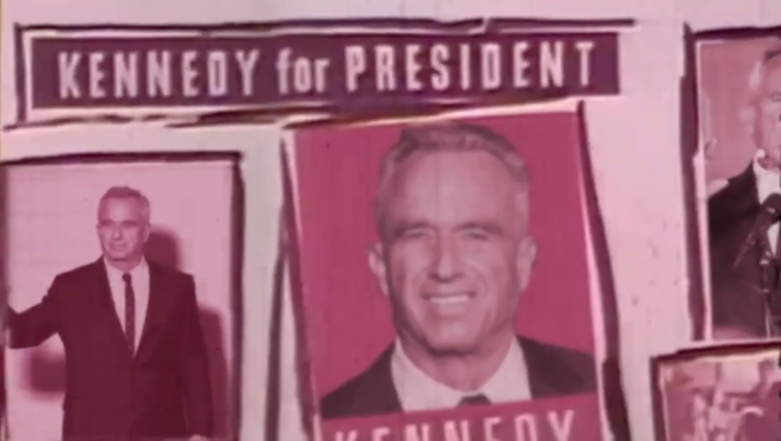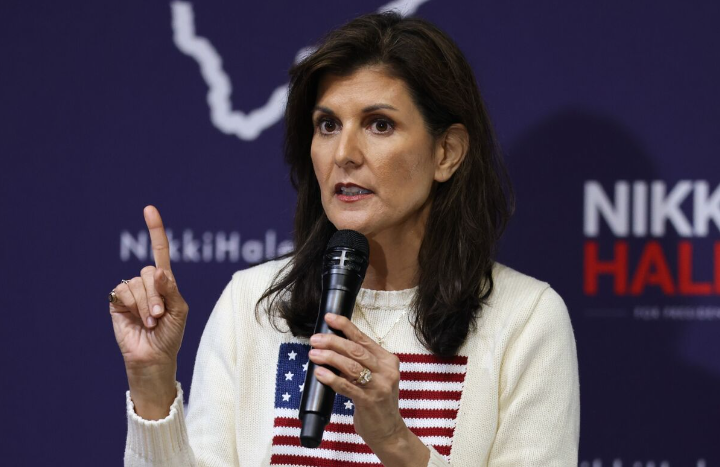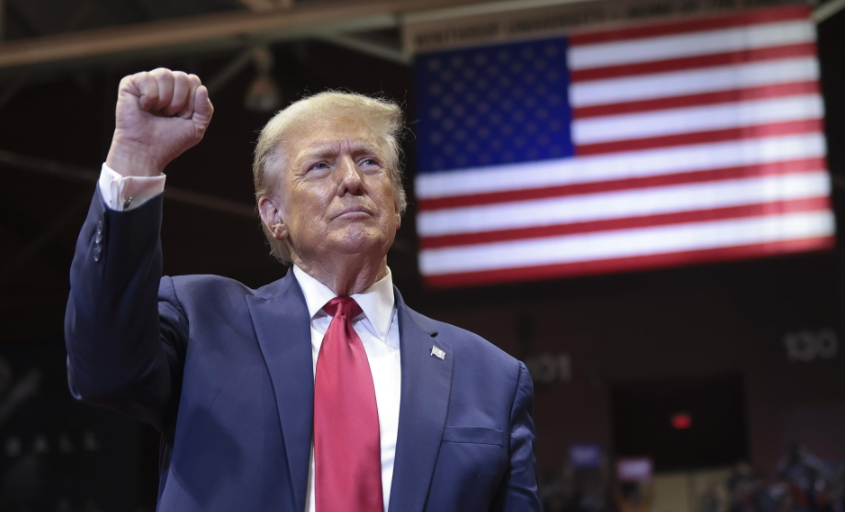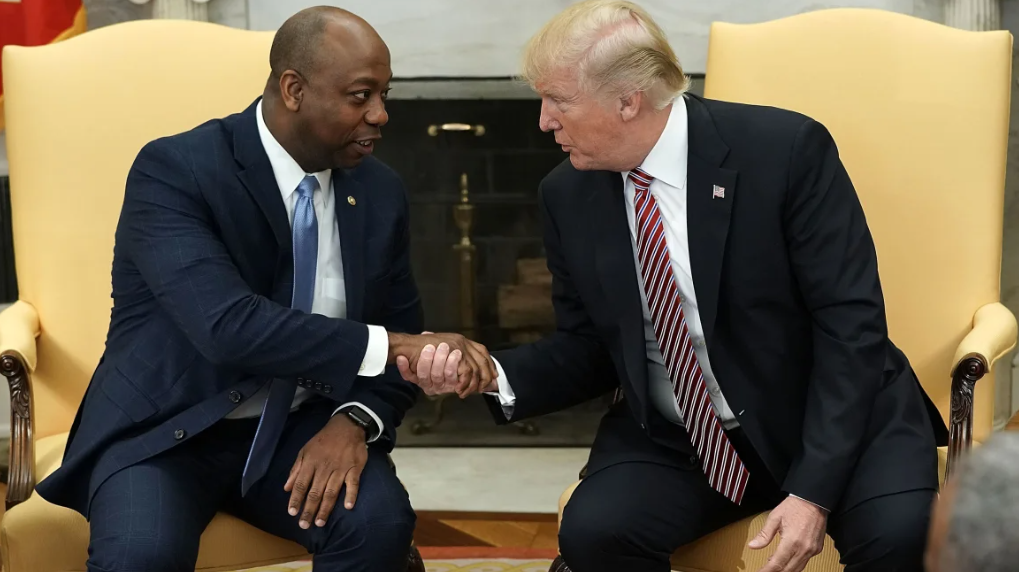
In recent times, a noticeable undercurrent of anti-American sentiment has been evident in various protests across the United States. Instances where American flags were burned and flags of recognized terrorist organizations were hoisted have not just stirred emotions but have also sparked a conversation about the national identity and patriotism among the younger generation, particularly Gen-Z.
As the baby boomers age into their 70s and beyond, and as Gen-Z steps into the socio-political arena with vigor, a crucial question arises: How deeply does Gen-Z feel connected to the concept of being American? Historical data has often shown that the youth of any era tend to challenge the status quo, but the current generation’s stance appears uniquely critical, potentially reshaping future narratives about national identity in America.
Understanding the Disconnect
The sense of national pride and patriotism, traditionally reinforced by shared cultural consciousness and collective historical understanding, seems to be waning among younger Americans. Surveys consistently reveal that Gen-Z, along with a significant number of liberals, holds views that diverge markedly from older generations and conservatives. These surveys indicate that younger liberals are less likely to see being American as a crucial part of their identity, express pride in being American, or believe in a cohesive American cultural core.
For example, a 2022 American National Election Study highlighted a staggering 55-point gap in national identification between conservatives and liberals under 30. This gap underscores a profound ideological shift, with only a fraction of young liberals deeming American identity as integral to their own. Similarly, a Harvard Youth Poll from Spring 2024 reflected this generational divide, showing that young Democrats were significantly more trusting of international institutions like the United Nations than of national ones like the U.S. military.
Cultural and Educational Influences
The narrative surrounding national identity and patriotism is also being shaped by the educational and cultural milieu that influences young Americans. Academic settings, media portrayals, and corporate cultures increasingly advocate for globalism and multicultural perspectives, often at the expense of national pride and awareness. This educational and cultural framework is pivotal, as it shapes the foundational beliefs and values of young citizens.
Moreover, Gen-Z’s formative years have been marked by significant social and political upheaval, including economic uncertainties, the COVID-19 pandemic, and widespread social justice movements. These experiences have undeniably influenced their perceptions of America and its role both at home and globally.
Potential for Reconciliation and Change
While some commentators hope that Gen-Z’s alienation might be temporary, similar to how the Baby Boomers reconciled their views post-Vietnam, the ongoing trends suggest a more enduring shift. Globalization continues to challenge the primacy of a unified national identity, and the educational trajectories of young liberals—who are more likely to pursue higher education—suggest that these views will persist into their adult years.
To bridge these divides, initiatives such as enhanced civic education and national service programs have been proposed. Such efforts could foster a greater sense of shared purpose and solidarity across political and ideological lines, reinforcing the value of a collective national identity.
Looking Ahead: The Importance of National Cohesion
The stability and unity of a nation rely significantly on its citizens’ allegiance and belief in a shared destiny. The current trajectory where young Americans, particularly liberals, show diminishing national pride and identity, poses a challenge not just to the concept of patriotism but to the very cohesion of the nation itself. As America continues to navigate these complex socio-political waters, the role of education, public discourse, and leadership in shaping a comprehensive and inclusive national identity cannot be overstated.
Ultimately, the question remains whether Gen-Z’s evolving perceptions of America will redefine patriotism in the years to come or if through renewed dialogue and shared experiences, a new, unified American identity will emerge, strong enough to transcend generational divides.











